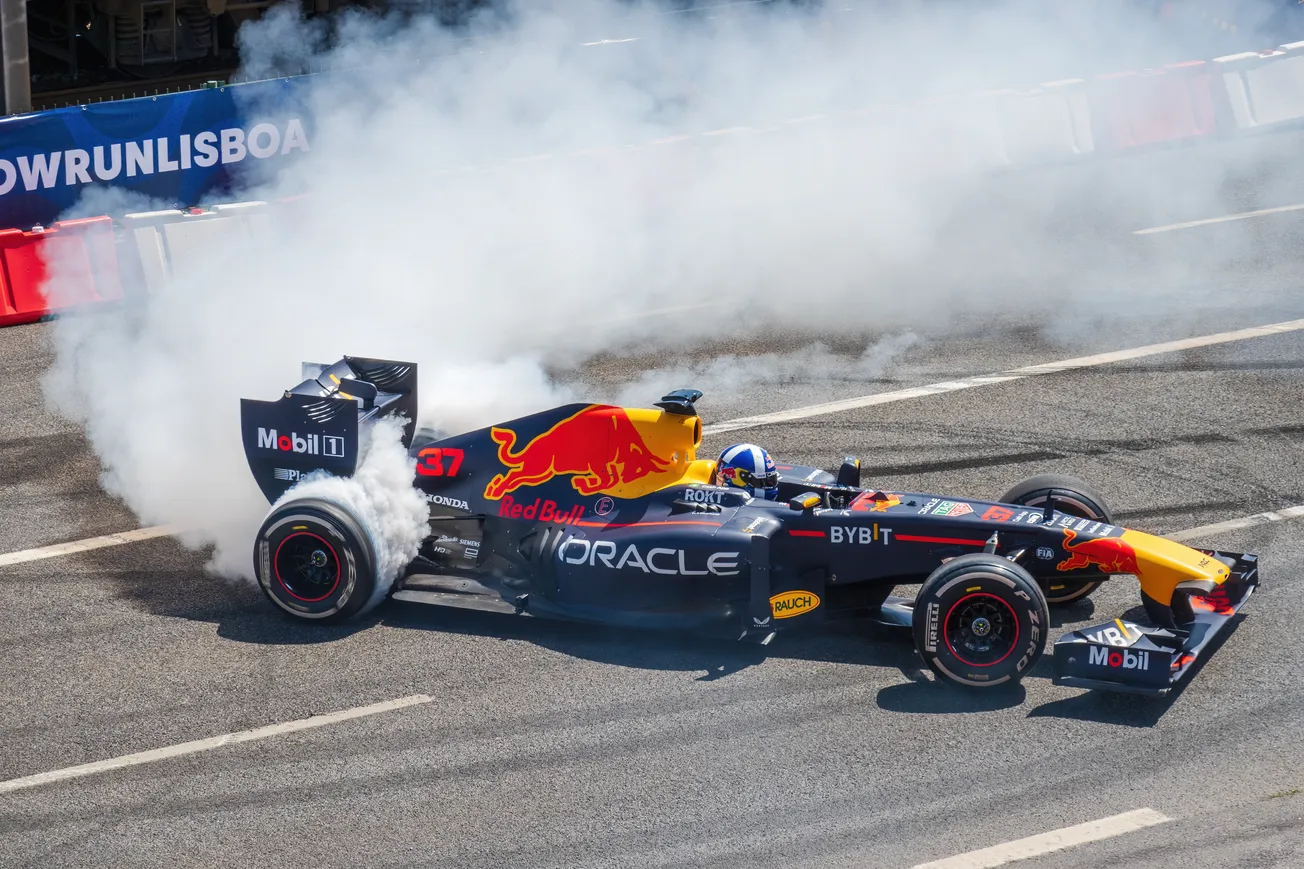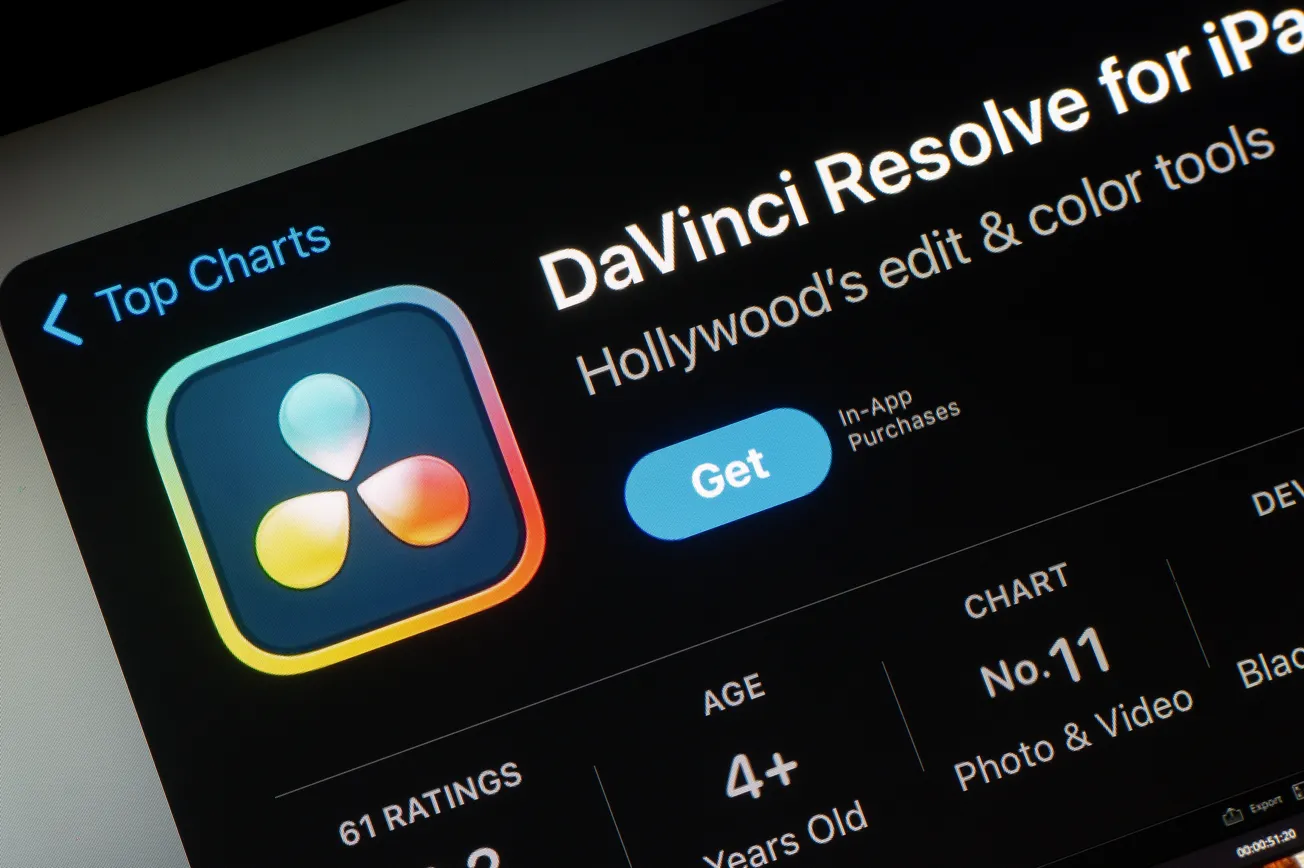The BBC has announced a new Formula 1 podcast titled BBC Sport: F1 – Inside Track, produced in partnership with Red Bull’s in-house production company, Red Bull Media House.
Launched last week, the series will offer fans exclusive behind-the-scenes access, in-depth interviews, and analysis of the sport from both journalistic and team-informed perspectives.
The collaboration reflects a strategic alignment between the BBC’s editorial authority and Red Bull’s mastery of branded storytelling—further cementing podcasting’s growing role in Formula 1 media.
The partnership signals how Red Bull continues to evolve its approach to sports marketing, leveraging new media formats to deepen fan engagement and extend brand identity well beyond its racing pedigree.
With Inside Track, Red Bull integrates seamlessly into a trusted public broadcaster’s audio platform, subtly reinforcing its F1 dominance while tapping into a new audience via the BBC’s global reach.
Podcasting as a Pillar of F1’s Digital Strategy
Formula 1 has recognized the strategic value of podcasting in expanding its fan base and maintaining relevance between race weekends. A growing roster of independent and team-affiliated podcasts caters to a diverse audience, ranging from technical insiders to casual fans.
Popular shows like WTF1 Podcast, Shift+F1, and The Race F1 Podcast deliver analysis, commentary, and off-track storytelling, turning Formula 1 from a weekend event into a week-long conversation.
The Inside Track series is positioned to bring a unique blend of insider access and editorial perspective. Its potential success could further validate the role of high-quality, branded podcasts in Formula 1’s content strategy, especially when aligned with well-known media institutions.
As the sport’s global profile rises, podcasting has emerged as an essential platform for shaping fan narratives and deepening emotional investment.
From Netflix to TikTok: F1’s Multi-Platform Expansion
Beyond podcasting, Formula 1’s broader embrace of digital platforms has played a central role in its resurgence.
The Netflix series Drive to Survive marked a turning point in the sport’s media trajectory, offering a dramatized, character-driven lens on the F1 world that captivated new audiences—particularly in the United States. While some drivers, such as Lando Norris, have criticized the series for sacrificing accuracy in favor of drama, its cultural impact is undeniable.
Social media has further accelerated F1’s transformation. Teams and drivers now act as influencers, posting real-time reactions, behind-the-scenes footage, and lifestyle content across Instagram, TikTok, and YouTube.
Red Bull Racing has led the way in this space, leveraging its in-house media capabilities to produce content that balances technical insight with entertainment. Meanwhile, a new generation of content creators—many of them women—have reshaped the online conversation around F1, bringing new voices and perspectives to a historically exclusive sport.
Red Bull’s Branded Media Playbook
Red Bull has long been a pioneer in blending sport, media, and branding. Through Red Bull Media House, the company has developed a robust portfolio of digital content, including extreme sports documentaries, lifestyle features, and original podcast series that align with its adrenaline-fueled brand ethos.
In motorsports, this strategy has been especially effective. Red Bull Racing’s YouTube channel, for instance, consistently features high-production-value content—from race recaps and technical explainers to personality-driven vlogs from drivers like Max Verstappen and Sergio Pérez.
Podcasts are a natural extension of this model. Prior to the BBC collaboration, Red Bull experimented with various branded audio formats, such as Mind Set Win, a podcast that explores high-performance mindsets in sport and business, often featuring Red Bull athletes.
These efforts are not only content plays but brand-building exercises—positioning Red Bull not merely as a sponsor, but as a cultural producer in its own right. The new Inside Track podcast builds on this foundation, allowing Red Bull to embed itself in Formula 1’s narrative layer while benefiting from the BBC’s established credibility and reach.
Tangible Growth in a New Media Era
The results of F1’s digital strategy are measurable and significant. The sport added nearly 90 million new fans in 2024, with China leading in percentage growth. According to Salesforce data, F1's fan base is now 42% female, up from 32% in 2018, and one-third of fans are under the age of 35. The sport’s digital platforms now collectively reach more than 96 million followers, making it the fastest-growing major sport on social media.
These numbers reflect the combined impact of initiatives like Drive to Survive, Red Bull’s branded media efforts, and new partnerships such as the Inside Track podcast. They also point to a shift in how sports leagues think about audience growth—not just in terms of viewership, but in fan participation, content consumption, and community building.
Looking Ahead
With BBC Sport: F1 – Inside Track, Formula 1 and Red Bull are doubling down on a proven formula: high-quality, personality-driven media that enhances the core product on track.
As Red Bull continues to blur the lines between sponsor and content studio, and as F1 embraces a more digital-first, fan-centric strategy, the sport is redefining how global leagues connect with audiences. Podcasts, in particular, are proving to be an invaluable platform—not just for commentary, but for narrative control, emotional connection, and brand integration.
In this evolving landscape, success won’t be measured solely in race wins or TV ratings, but in downloads, shares, and the strength of stories told off the grid.








